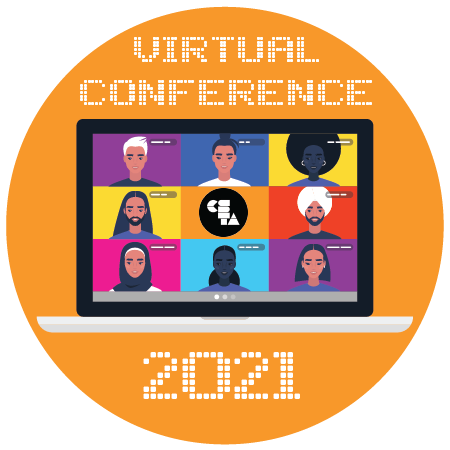Peer instruction (PI) has been shown to significantly improve a student’s performance in introductory computer science coursework. Traditional PI routines rely upon a flipped classroom model where students independently complete a reading activity prior to participating in a lecture that is predominantly focused on student voice and discussion. Although PI can produce impressive gains in understanding, it relies heavily upon in-person student discussion protocols and can be difficult to facilitate in a remote learning context. How might the PI model...
CSTA+ Membership Required
Login or register to access this content

